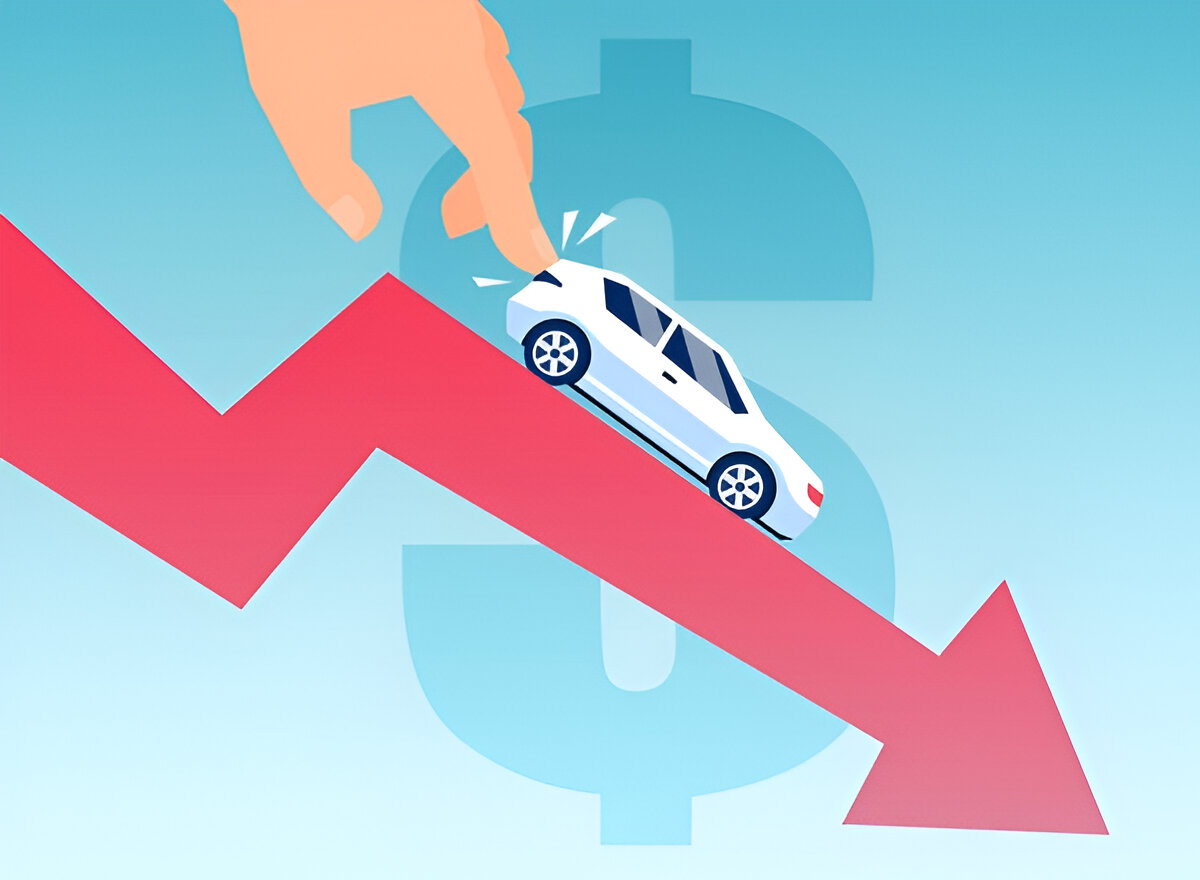
When it comes to owning a vehicle, one of the most important factors affecting its long-term value is depreciation. Whether you’re buying a new car or looking to sell your current one, understanding how depreciation impacts your vehicle’s price is crucial for making informed financial decisions. In this guide, we’ll explore how depreciation works, the factors influencing it, and how you can minimize its effects to maximize your car’s resale value.
Depreciation is the reduction in a vehicle’s value over time. From the moment you drive a new car off the lot, it begins to lose value. On average, new cars lose about 20% of their value in the first year alone, with a steady decline continuing throughout their lifespan. Understanding the depreciation process helps you predict how much your car will be worth when it’s time to sell.
Several elements determine the rate at which your vehicle depreciates. While some of these are influenced by the market, others depend on how you care for your car. Let’s break down the most significant factors.
The brand and model of your car play a crucial role in how much it will depreciate. Vehicles from well-known, reliable brands typically hold their value better. For instance, a Toyota or Honda may retain more value over time compared to a lesser-known brand. Prestige and luxury brands also experience slower depreciation, partly because of their high demand and perceived quality.
The number of miles you drive directly impacts your car’s value. Higher mileage means more wear and tear, leading to a faster rate of depreciation. If you drive fewer miles, your car will retain more value, as it is perceived to have undergone less stress and damage.
A well-maintained car is always more valuable. Regular upkeep, such as oil changes and tire rotations, keeps your vehicle running smoothly and looking good. Additionally, the exterior and interior condition of the car can influence its value. If the car is free from dents, scratches, and stains, it will be more appealing to potential car buyers. A thorough cleaning or even professional detailing can help you fetch a better price when selling.
Just like any other product, the value of your car is affected by market demand. Certain types of vehicles may experience more significant depreciation due to shifting consumer preferences. For example, gas-guzzling SUVs or trucks may lose value faster during times of high fuel prices, while fuel-efficient and electric vehicles might hold their value better in the current market. Understanding market trends can give you an idea of how quickly your car may lose value.
Not all cars depreciate at the same rate. Various vehicle types experience depreciation differently due to factors like demand, use, and technological advances.
SUVs and utes generally suffer less depreciation compared to other types of cars. Their versatility, durability, and steady demand help them retain value. Similarly, sedans, which are practical and fuel-efficient, typically experience slower depreciation than high-end vehicles or luxury models.
Luxury cars and electric vehicles (EVs) often face faster depreciation. Although luxury cars initially come with a higher price tag, their high purchase price and rapid technological advancements can make them lose value quickly. Likewise, EVs, while gaining in popularity, tend to lose value faster as newer, better models are released, and technology becomes outdated quickly.
On the other hand, some cars, especially classic or rare models, can appreciate in value over time. Though they may experience initial depreciation, their rarity and demand in the collector’s market can cause their value to increase significantly.
While you can’t avoid depreciation entirely, there are steps you can take to minimize its impact on your car’s resale value.
Keeping your car in top condition through regular maintenance can help preserve its value. A well-maintained car will be more appealing to buyers and may fetch a higher price when it’s time to sell.
One of the simplest ways to slow down depreciation is to drive less. If you can, limit long road trips or daily commutes that will add significant miles to your car. This will keep the value of your car relatively higher compared to similar vehicles with higher mileage.
Choosing a make and model with strong resale value is another smart way to minimize depreciation. Brands like Toyota, Honda, and Subaru tend to hold their value better over time due to their reputation for reliability and quality.
Depreciation happens the fastest during the first few years of a car’s life. If possible, sell your car before it hits the 5-year mark to avoid losing too much value. Additionally, consider selling your car at times when demand for your model is higher, such as in spring or summer when people are more likely to buy cars.
To understand how depreciation will affect your car’s price, you can use online valuation tools that estimate the market price based on your car’s make, model, mileage, and condition. For example, a car worth $30,000 new might lose 20% of its value in the first year and 10% each subsequent year. This means the car could be worth around $15,000 after 5 years.
In conclusion car depreciation is an unavoidable part of vehicle ownership, but understanding how it works and taking steps to minimize its effects can help you maintain a high resale value. By keeping your car in good condition, driving fewer miles and choosing the right make and model, you can slow down depreciation and make a more profitable sale when it comes time to sell your vehicle.
Ready to sell your car? Sell My Car Sydney will ensure you get the best offer for your vehicle in no time. Start the process today and see how much you can get.